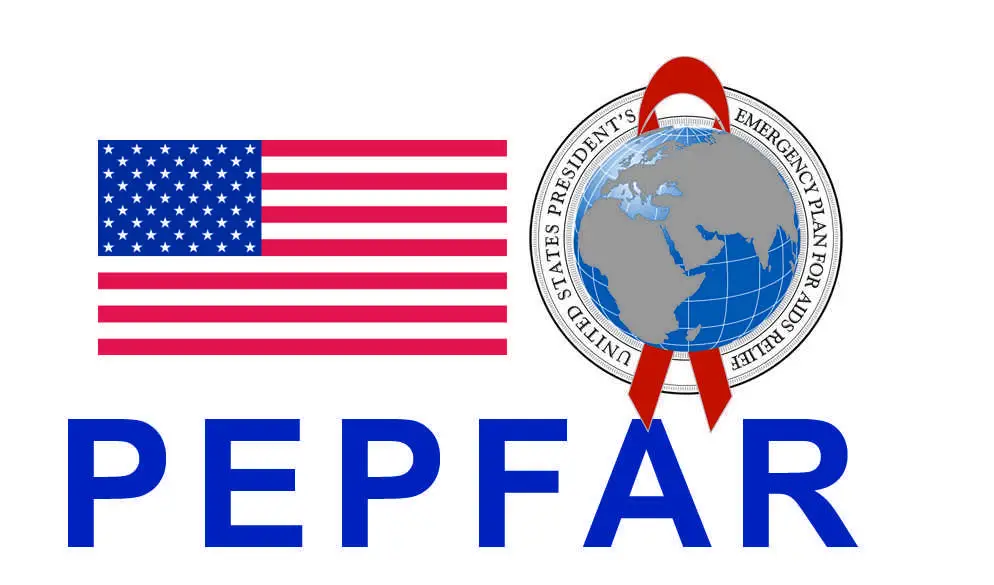Rwanda’s Human Resources for Health (HRH) Program funded in part by the U.S. President’s Emergency Plan for AIDS Relief (PEPFAR) from 2012 to 2017 increased Medical Specialist says a new report from the National Academies of Sciences, Engineering, and Medicine.
According to the report, the program more than tripled the country’s physician specialist workforce and produced major increases in the numbers and qualifications of nurses and midwives.
The report recommended that future investments in health professional education should be designed within a more comprehensive approach to human resources for health and institutional capacity building, which would strengthen the health system to meet both HIV and more general health needs.
“People with HIV are living longer, which means they have long-term HIV care needs while also needing the care to manage other diseases and to enhance their quality of life. Supporting the entirety of their needs depends on the same strong health system that is needed to address all people’s health needs,” said Ann Kurth, Linda Koch Lorimer Professor and Dean of the Yale School of Nursing, and chair of the committee that wrote the report.
Also Read: Rwanda I&M Bank raises limit on unsecured loans
“The committee’s report is an opportunity to highlight how future investments in Rwanda’s health workforce can be better designed, operationalized, and evaluated.”
The HRH Program was implemented by Rwanda’s Ministry of Health, created to help the country build its health workforce. Following the 1994 genocide where 80 per cent of the country’s health professionals were displaced.
Before the HRH Program started in 2011, Rwanda had less than nine skilled health professionals (physicians, nurses, and midwives) per 10,000 people, bringing a major barrier to HIV treatment and care. Which is far below the World Health Organization’s recommended minimum of 44.5 health workers per 10,000 people. (https://artandhistory.org/)
The HRH Program increased the number of physician specialists from 150 in 2011 to more than 500 in 2018 and the number of nurses with advanced degrees from less than 800 to more than 5,000 surpassing its workforce growth target.
According to the report, partnerships between University of Rwanda faculty and U.S. faculty upgraded curricula introduced new programs and improved the quality of teaching and training for health professionals.




